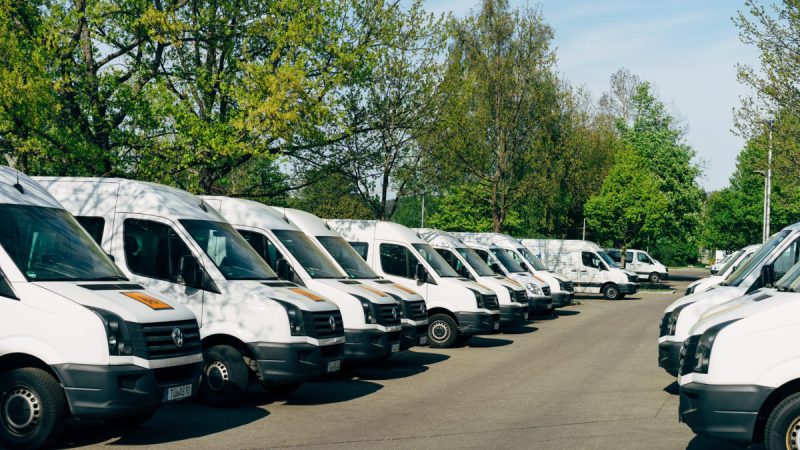Questions of Scale: How Long Should Your Startup Stay Small?

Utah’s business scene is booming, and though the state’s tech sector has received deserved attention, the climate is favorable to startups in general. 86 of the country’s fastest-growing companies across industries are based in Utah. It ranked second on the 2018 Forbes list of best states for business, with the cost of business estimated at 2.2% below the national average.
You may already have started a small business in the state or elsewhere, or have a strong business idea that you’d like to set in motion. At some point, along with all the other details involved, you’ll want to consider scale: how large of an operation should you be running? Here are some key points to ponder.
Funding
Entrepreneurs understand risk; they know that it comes with the territory. But you don’t get into business if you’re not a big dreamer. Often, the biggest thing holding you back is the available funding, especially if you’re starting up.
Bootstrapping is the most common method of funding for startups; it’s estimated that over 80% of such operations are launched off of the founder’s fortunes, with little to no external assistance. 90% of startups also fail eventually. When you shoulder all the risk, that can be tough – and even if things work out, it can take years to grow. That’s not to say you shouldn’t consider bootstrapping; sometimes it can be your only option. But other methods might be more favorable to you.
Traditionally, loans from banks or other financial institutions would be used to start up or scale a business. However, you’ll almost certainly be able to secure more capital with an established business, with assets and a good track record. Startups nowadays can turn to the popular option of crowdfunding, raising money in exchange for future rewards.
Raising capital through equity can appeal to many entrepreneurs. Again, though, you’ll be expected to have a solid business plan and forecasts for growth. You may or may not have to surrender some control to stakeholders, but you will have to deal with the additional work of presentation, reporting, and data analysis.
Expenses
 Small business startups often run from home, with few regular employees, to reduce complexity and overhead costs. As you can also claim a tax deduction for business use of your home, this can be a crucial consideration when the time comes for your tax preparation. Salt Lake City and the rest of the ‘Silicon Slopes’ are considered affordable for business, but costs are rising as increasing numbers of businesses seek to establish a foothold there. You will also need to hire more people to cover specific tasks if you expand, and skilled work comes at a higher cost.
Small business startups often run from home, with few regular employees, to reduce complexity and overhead costs. As you can also claim a tax deduction for business use of your home, this can be a crucial consideration when the time comes for your tax preparation. Salt Lake City and the rest of the ‘Silicon Slopes’ are considered affordable for business, but costs are rising as increasing numbers of businesses seek to establish a foothold there. You will also need to hire more people to cover specific tasks if you expand, and skilled work comes at a higher cost.
Moving out of the home and into an office signals that you’re ready to move up in scale – but it will also entail more expenditure on staffing, utilities, and supplies.
Consumer demand
So you have the resources to pull it off – now consider the demand. Will your sales pull in enough to offset the costs? Listening to your consumers and doing market research is the key here. You’ll need a good sales forecast to offset the costs of moving up in scale. If you don’t have a robust sales and marketing structure in place to know enough, it’s better to address that first before proceeding to expand.
There are many other details to consider depending on the nature of your business and the state of the economy, but in the end, your decision of scale will always hinge on available funding and smart analysis of costs versus potential profits.





